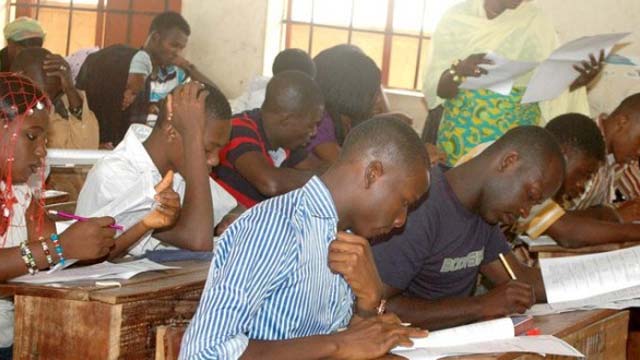As the world marks International Literacy Day today, Nigeria must pause and reflect on the stubborn reality that millions of its citizens still lack the basic ability to read and write. UNESCO estimates that nearly 35 percent of Nigeria’s adult population remains functionally illiterate. This is not just a social problem; it is a profound economic crisis.
In the 21st century, literacy is more than the ability to decode letters on a page; it is the foundation for participating in the knowledge economy, driving innovation, and building human capital. Economies thrive when citizens can engage in skilled work, access information, and adapt to changing technologies. In Nigeria, where over 60 percent of the population is under the age of 25, widespread illiteracy directly undermines the nation’s ambition of becoming a competitive, industrialised economy.
The economic costs are evident. Illiteracy constrains productivity across key sectors such as agriculture, trade, and manufacturing. Farmers unable to read weather updates or market data lose income. Traders struggle with digital platforms that now define commerce. Small enterprises, the backbone of the economy, cannot scale effectively when their operators lack basic literacy and numeracy. In a country battling double-digit unemployment and poverty, these lost opportunities compound national vulnerability.
Government policies have often treated literacy as a social service rather than an economic investment. Yet, countries that lifted millions out of poverty, such as China, South Korea, and even closer to home, Rwanda, did so by embedding literacy and education into their economic blueprints. Nigeria cannot hope to harness its vast population as an asset if nearly one in three citizens remains excluded from the knowledge economy.
The private sector too, has a role to play. Companies lament skill shortages but invest little in adult literacy or workplace learning. Corporate social responsibility must shift from symbolic donations to practical partnerships in adult education and vocational literacy programmes. Similarly, technology firms should expand initiatives that make digital tools literacy-friendly, ensuring rural communities are not locked out of the digital economy.
Investing in literacy is not charity; it is an economic strategy. Research consistently shows that every year of education raises individual earnings by 10 percent and accelerates national GDP growth. For Nigeria, where oil revenues are dwindling and diversification is a mantra yet to be realised, literacy could be the catalyst for unlocking human capital, boosting productivity, and attracting sustainable investment.
This year’s International Literacy Day theme reminds us that literacy is a driver of inclusion and resilience. For Nigeria, it is also the missing link in its economic revival. Government, private sector, and civil society must treat literacy as a priority equal to infrastructure or energy. Roads and power plants may fuel commerce, but without literate citizens to innovate, manage, and sustain them, the economy will remain stuck on the tarmac.
Nigeria must rise to the challenge. Literacy is not just about letters; it is about livelihoods, dignity, and national prosperity.





